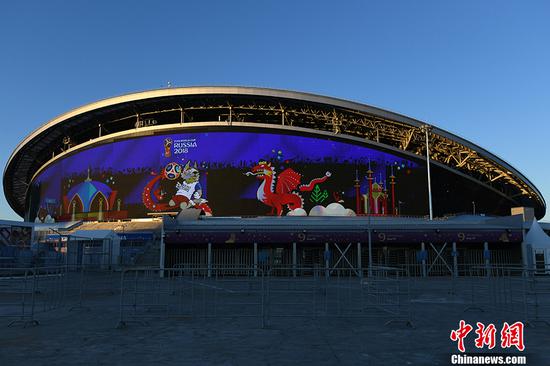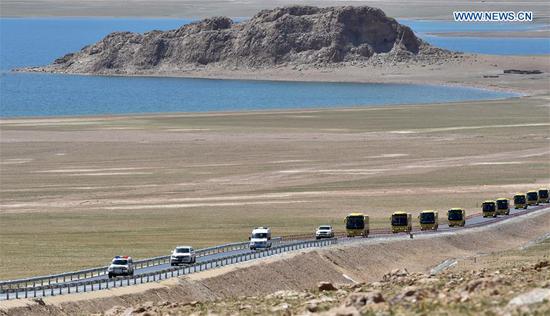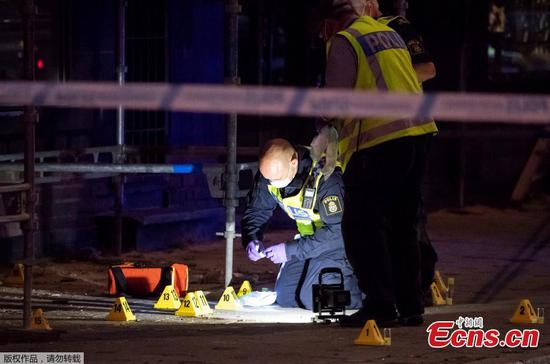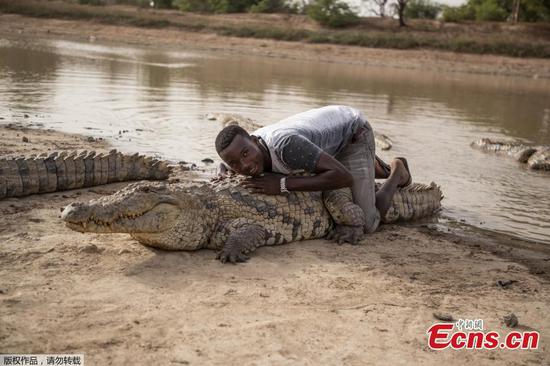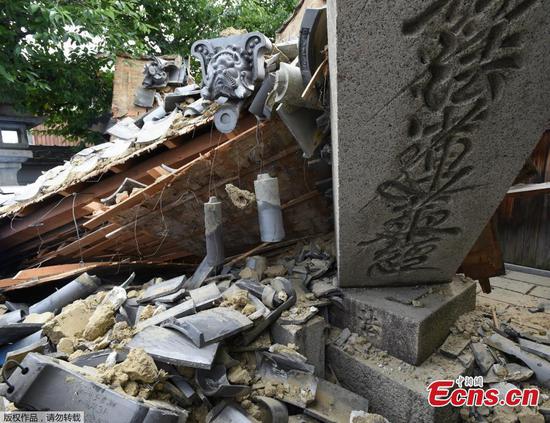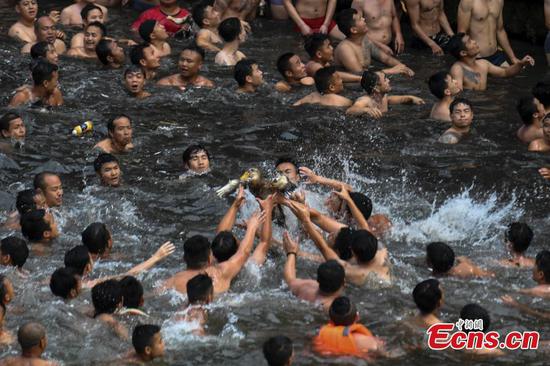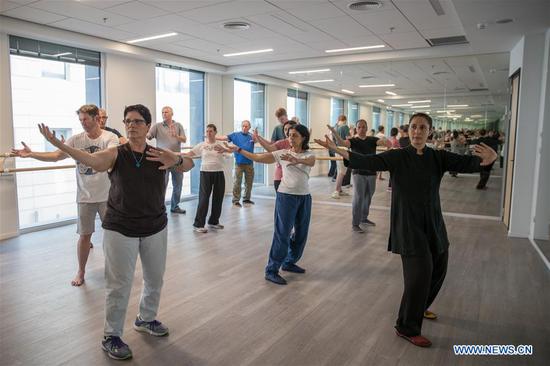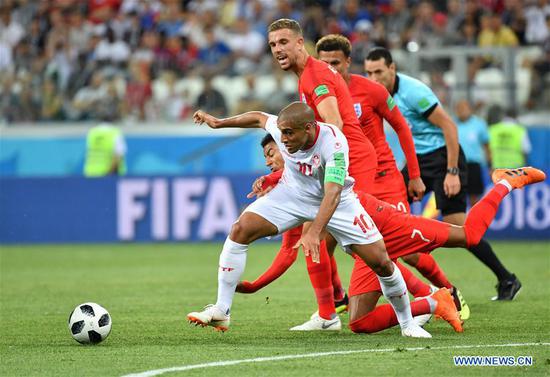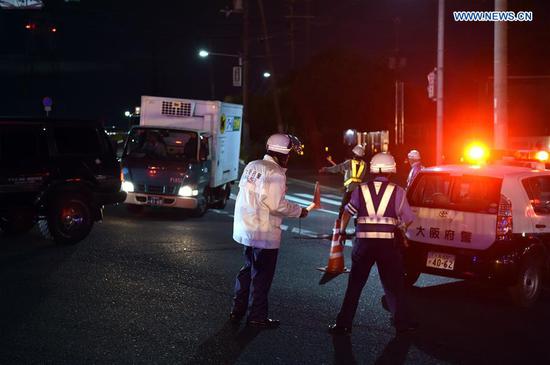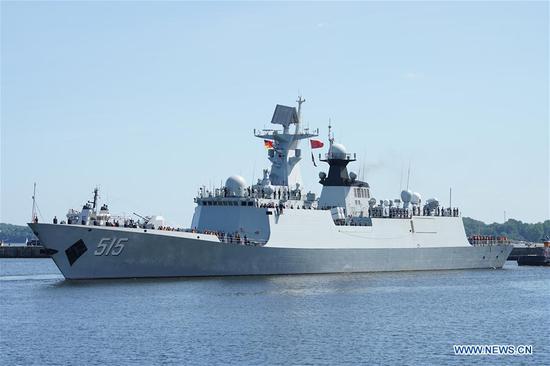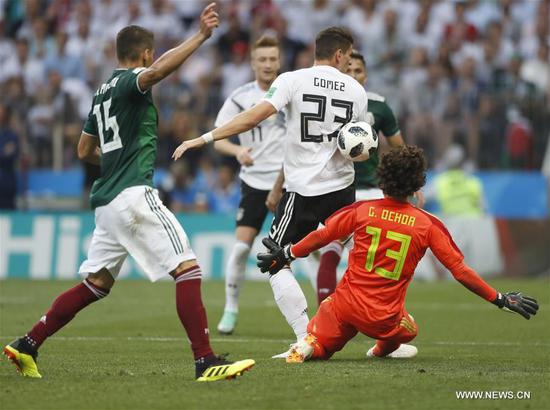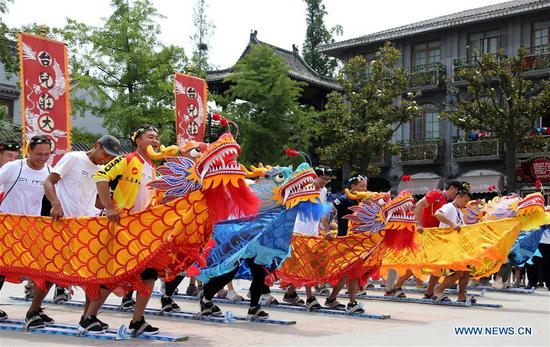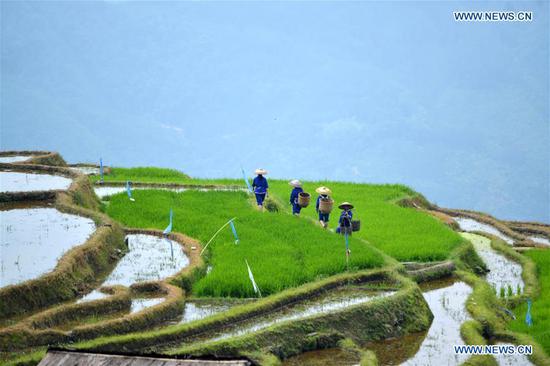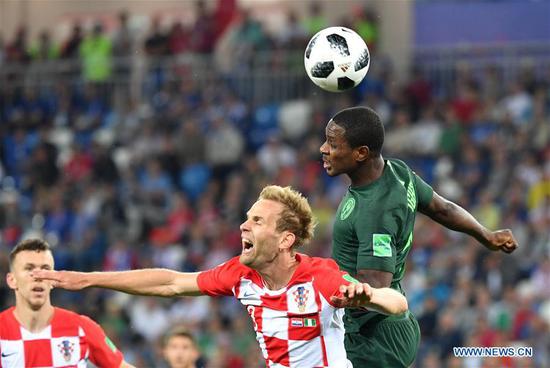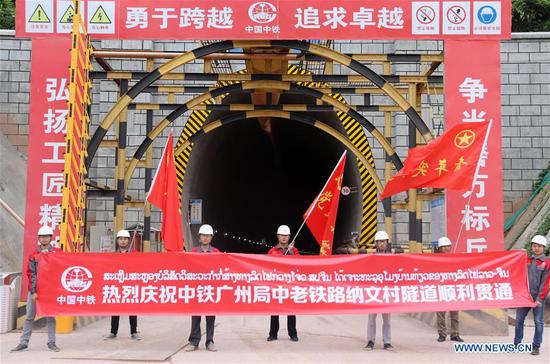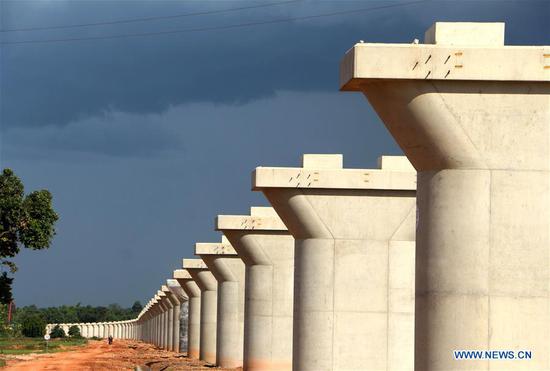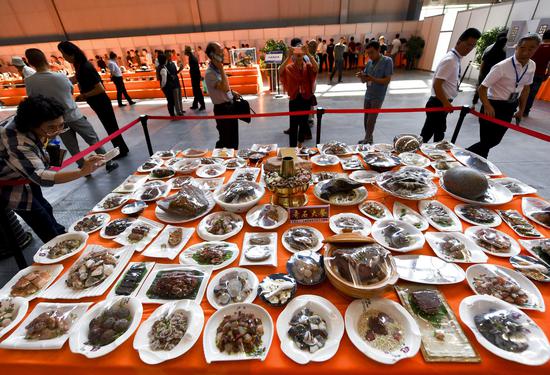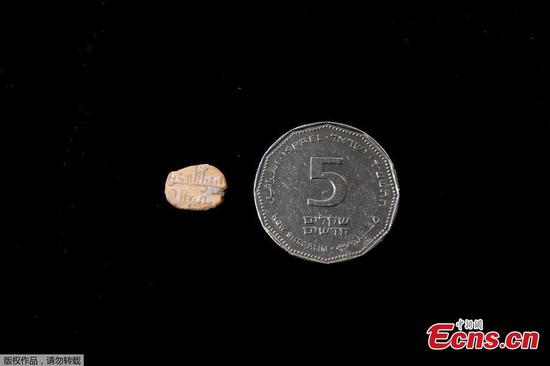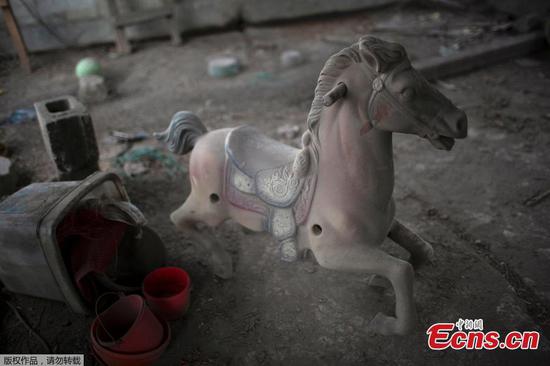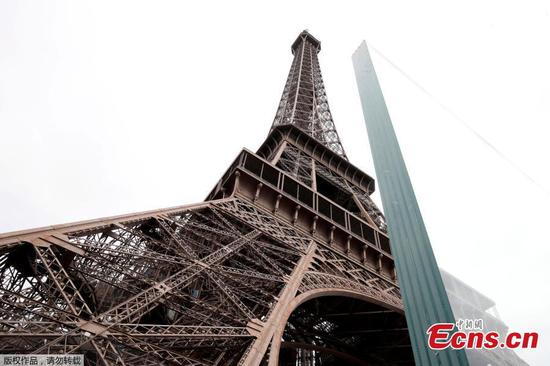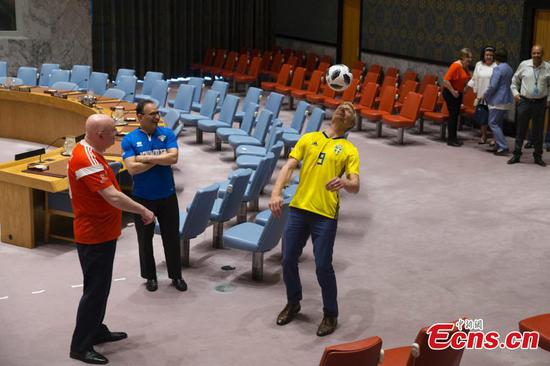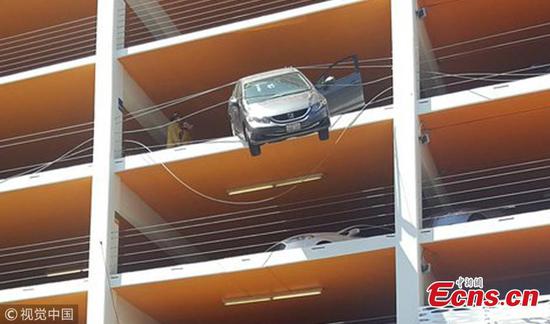U.S. experts have said that the Pentagon's decision to suspend an annual military drill with South Korea is a show of good faith but uncertainties remain as details concerning the suspension have not yet been revealed.
The Pentagon said on Monday that it has decided to suspend the planned Ulchi Freedom Guardian exercise slated for August but stopped short of mentioning the scale and timeline of the suspension.
Chief Pentagon spokesperson Dana White said in a statement that the decision was "consistent with President (Donald) Trump's commitment and in concert with our Republic of Korea ally."
However, she added that "no decisions on subsequent war games have been made," and that "there is no impact on Pacific exercises outside of the Korean Peninsula."
In addition, the Pentagon stressed that the war games are "defensive," which contradicts earlier remarks by Trump saying they are costly and "provocative."
Brookings Institution Senior Fellow Darrell West said the postponement of the drills showed that the United States "is involved in trust-building" with the Democratic People's Republic of Korea (DPRK). Trump met the DPRK's top leader Kim Jong Un in Singapore in a historic summit on June 12.
"The idea is if America takes steps to reassure North Korea (DPRK) on security by canceling military exercises, it will undertake additional steps towards denuclearization," West said. "The more confidence each side has in the other, the more likely there will be a successful resolution of hostilities."
Nevertheless, Trump warned on Sunday that the suspended drills "can start up immediately if talks break down."
"In the short-term there will be little impact on peace and stability in the region, but if there is not progress on denuclearization by the time of the spring exercises next year, it could begin to have a more significant impact," said Troy Stangarone, senior director of congressional affairs and trade at the Washington-based non-profit Korea Economic Institute (KEI).
He said although Trump hopes to give Kim "the political space" for denuclearization, halting the drills is unlikely to change the calculus of Pyongyang "since the nuclear weapons are about the regime's survival."
As the U.S. military presence in South Korea, which the DPRK insists is posting threats to its national security, South Korea has said it is not considering the scenario where Washington withdraws its troops, despite Trump's willingness to bring U.S. soldiers back home.
Trump said in a press conference after meeting Kim that he hopes the withdrawal of the 30,000 or so U.S. troops stationed in South Korea will eventually happen although "that's not part of the equation right now."
While U.S. experts view such a statement as a strategic rhetoric aiming to pressure Seoul on burden-sharing and trade deals, their South Korean counterparts say it is a goal rather than a concession to Pyongyang.
However, Nam Sung-wook, a DPRK expert at Seoul's Korea University, said Trump's comments indicate he considers the suspension of the drills and the eventual withdrawal of U.S. troops from South Korea as a goal, rather than a concession to be granted to the DPRK if it takes irreversible and verifiable steps to denuclearize.
"What has become clear is that the security provided by the U.S.-South Korea alliance has likely reached its limit," Nam was quoted by U.S. media as saying.
"The true test of success lies in what follows. It will be the concrete steps toward denuclearization -- or lack thereof -- that will determine if the summit was a success or failure," said Kelsey Davenport, director for nonproliferation policy at the Arms Control Association, a Washington-based nonpartisan organization.
"North Korea (DPRK) is unlikely to take further actions to halt and roll back its nuclear weapons program without security assurances from the United States ... Until the regional security situation shifts and the benefits of giving up nuclear weapons outweigh the perceived threat, denuclearization will remain unlikely," she said.









